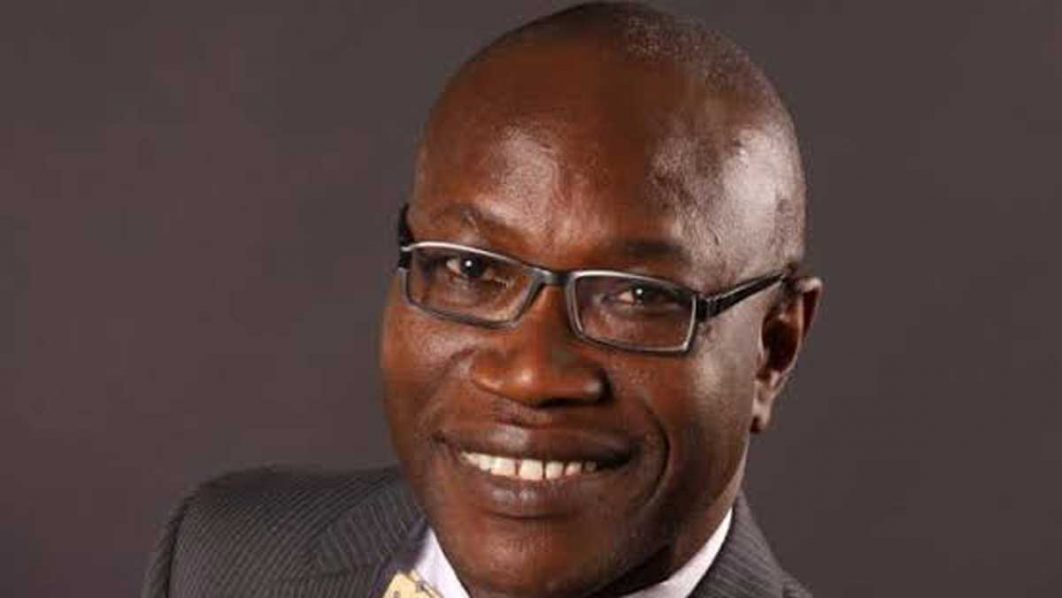
The Nigerian Export Processing Zones Authority (NEPZA), says it is targeting over $30b investment to the country’s Free Trade Zones Areas (FTZs) in the next four years, following the Federal Government’s drive to industrialise the country.
The NEPZA’s Managing Director, Professor Adesoji Adesugba, dropped the hint, yesterday, at an interactive session with journalist in Abuja. Adesoji said: ‘‘Our aim is to increase the FTZ investments from the current $22b from the 30 active FTZs across the country.’ ’
While listing the benefits of the FTZs, Adesugba explained that the authority is working hard to achieve its goal to provide at least 300,000 direct employment and 100,000 indirect jobs for the teeming youths between now and 2035.
While reacting to claims by the Akwa Ibom State government that the authority has refused to approve a Free Trade Zone for the state, he said the doors are ever open to any interested state to have one.
“I want to use this opportunity to say thatthere was never a time thatNEPZA refused to graht approval for the establishment of a FTZ to any interested state. never a time did NEPZA refused to establish FTZ to any interested state. The fact remains that the Akwa Ibom State government has not officially applied to us requesting for such. I am using this opportunity to urge the government to apply for one and we will not deny them license.’’
According to him: “The importance of the FTZ areas cannot be over-emphasised. Today, China has over 1,000 FTZs. All the developing economies are leveraging on this, so you can see that Nigeria needs to explore the opportunity to boost our trade and investments across the continent.”
He pointed out that to further improve the capacity of the FTZs, the agency is working with relevant stakeholders to ensure that adequate infrastructure are put in place, while the proposal to link the zones with railway transportation is a top priority.
‘’Free Trade zones are like having factories in the country, they are not expected to pay taxes because they create jobs, encourages transfer of technologies, this same concept is what you have in Dubai, China and so it must work in Nigeria.”






